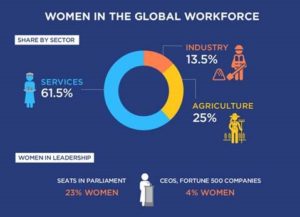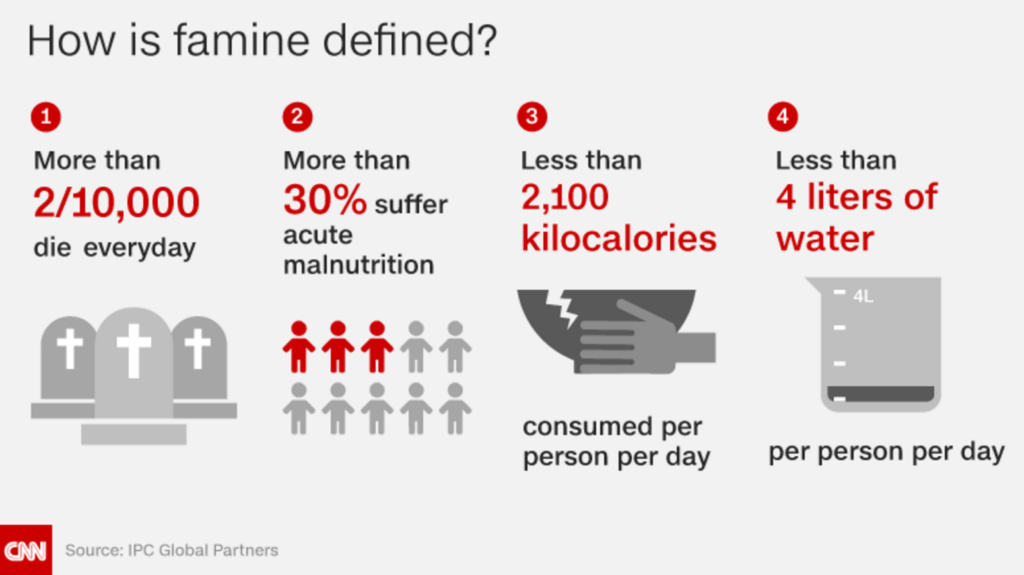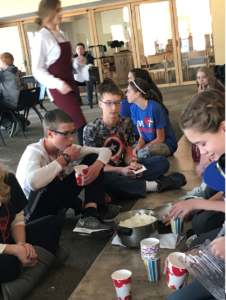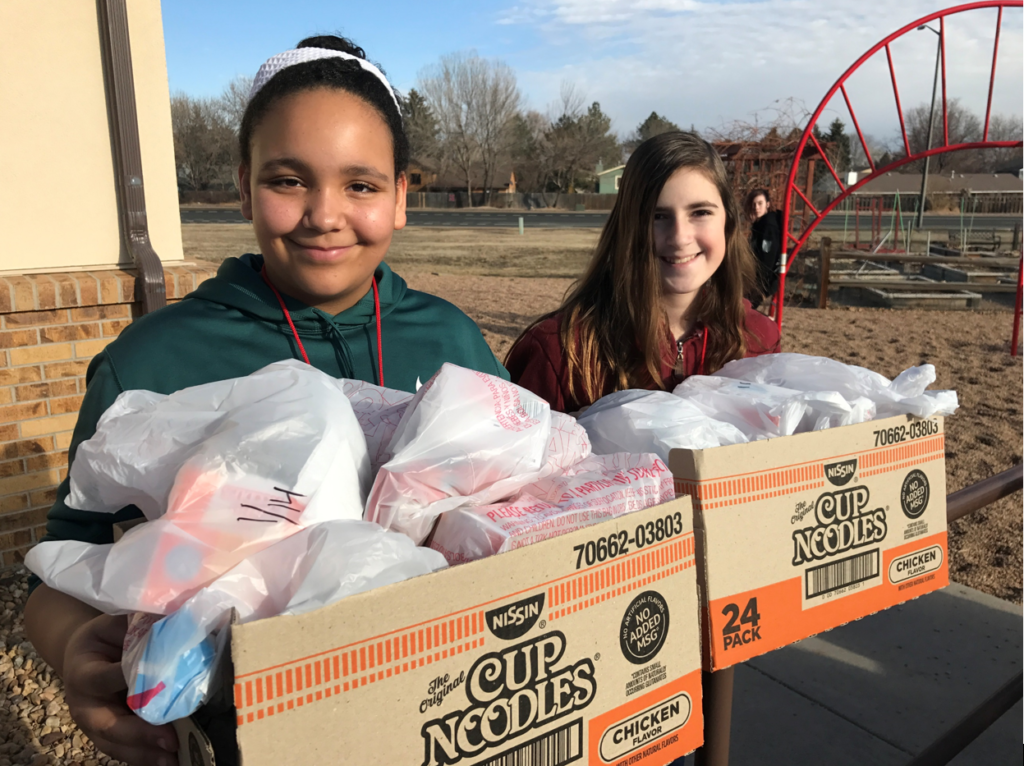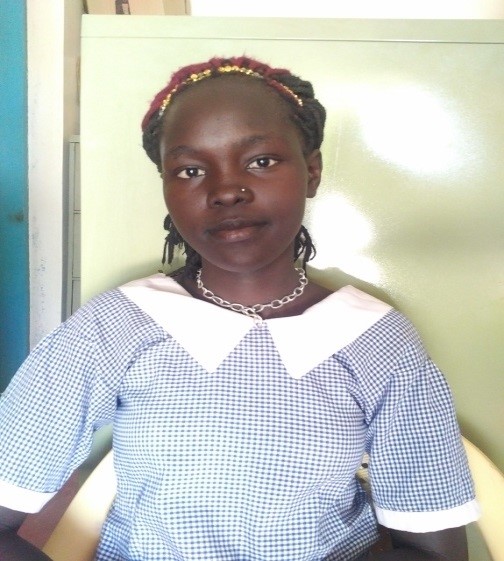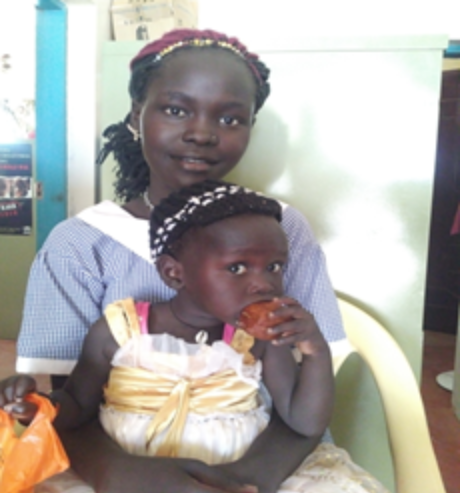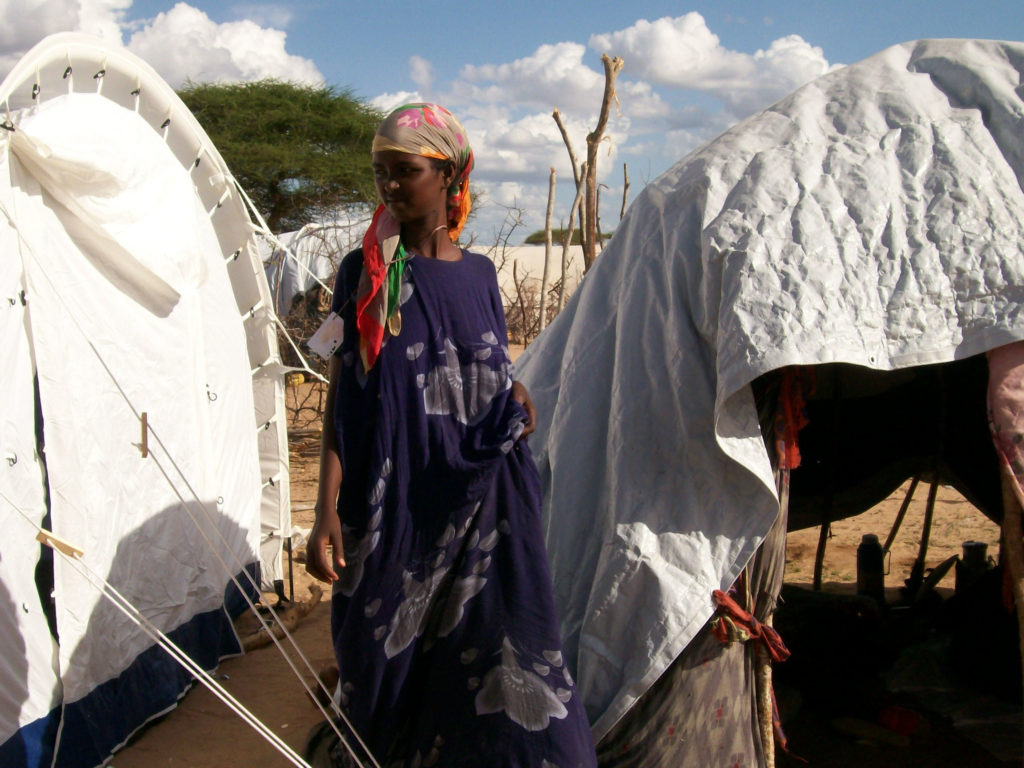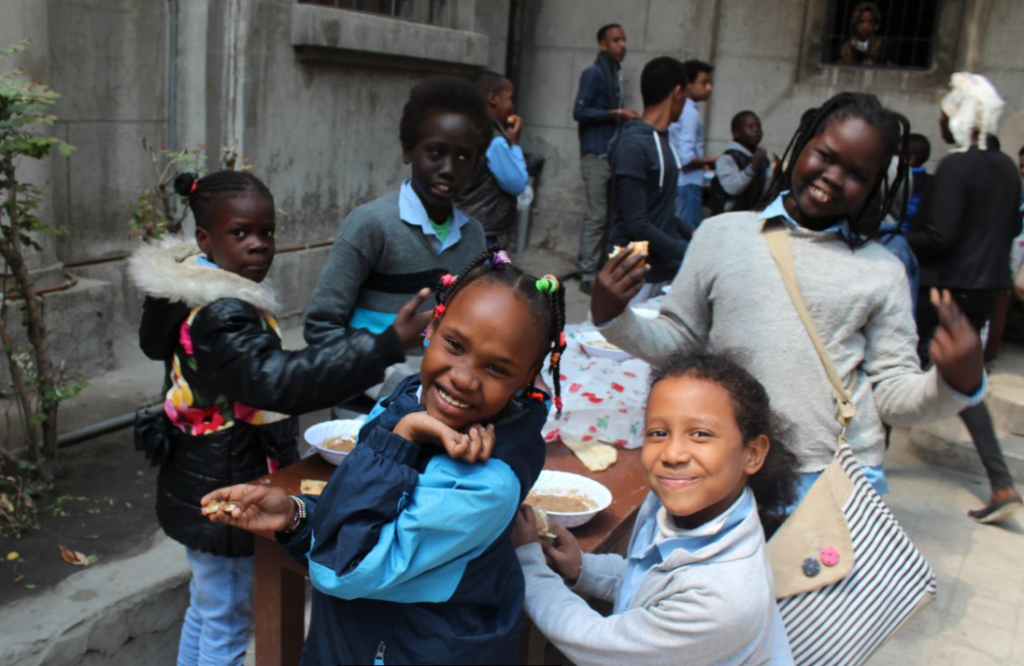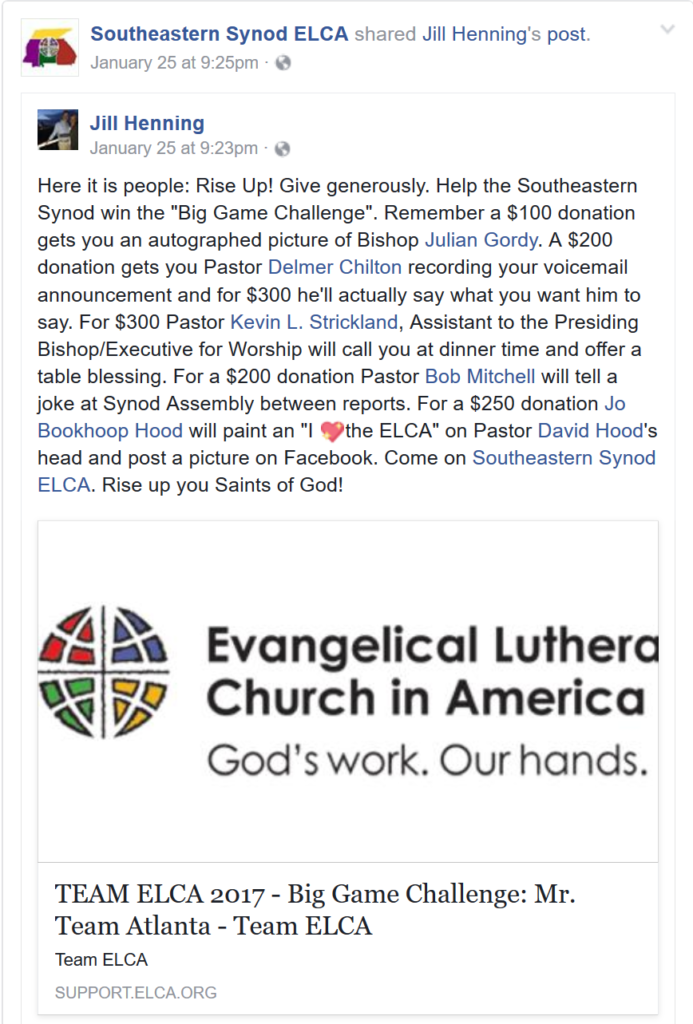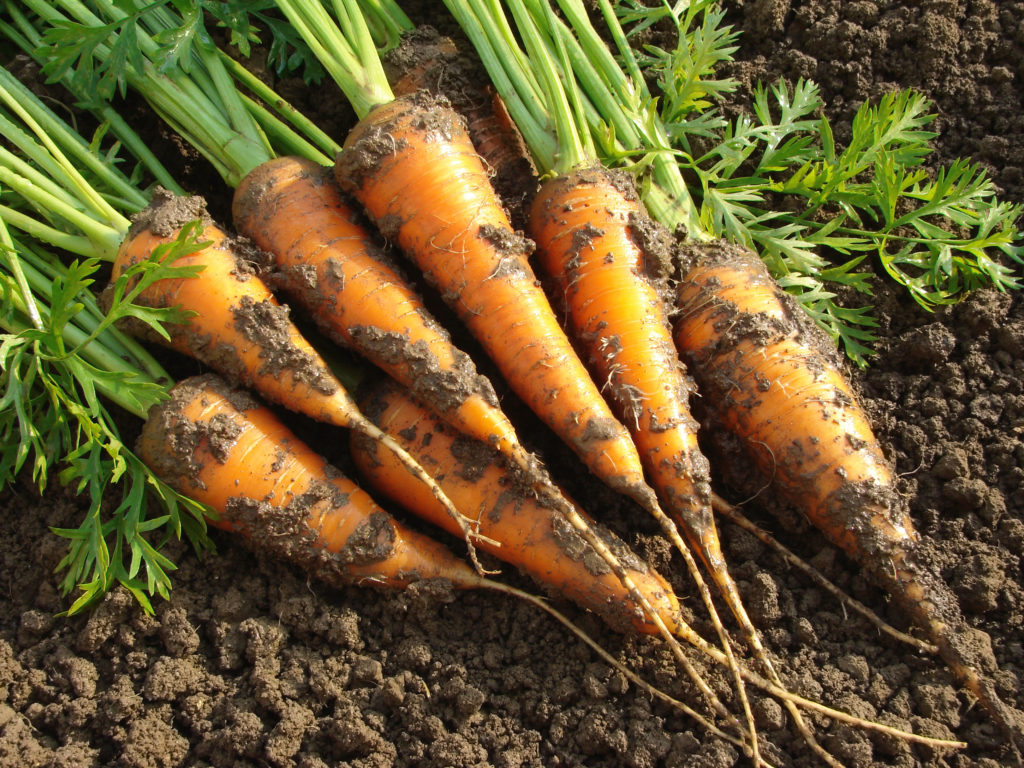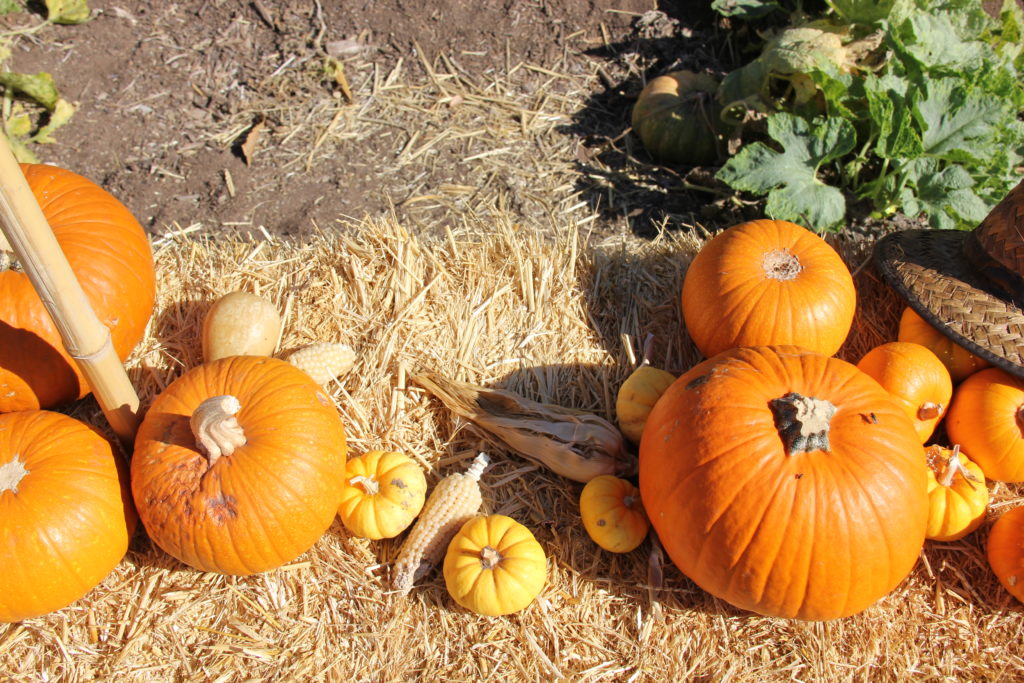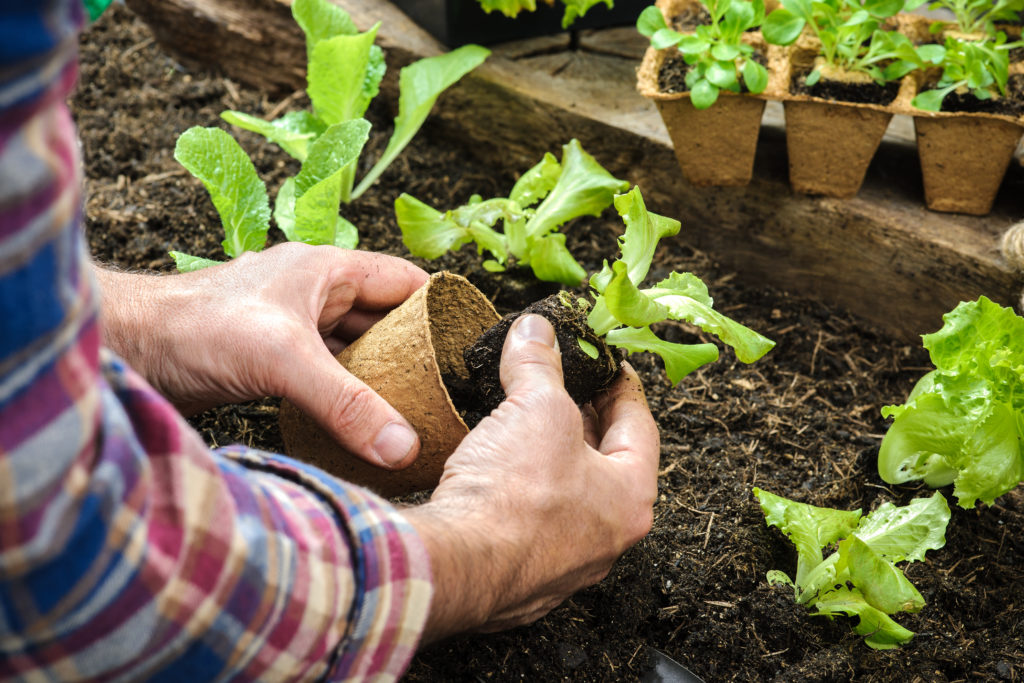The ELCA Young Adult Cohort is a partnership of the ELCA Justice for Women program, the ELCA Strategy on HIV and Aids, the Young Adults in Global Mission Alumni, ELCA Young Adult ministry and ELCA World Hunger. These networks have identified a shared interest in young adult leadership development and faith formation within a social justice framework. In March 2017, members of the cohort participated at the United Nations 61st Commission on the Status of Women (UN CSW).
In preparing for the trip to the UN CSW, some thoughts would keep coming to mind: How will what is learned from this experience influence my work? How can I share this with my church and community? How can I share with the team I work with on a daily basis? In this extraordinary space, there are signs of God’s work all around us, and as I hear the stories, it will become more clear not just for me but also for all those in attendance what we will be led to do after this experience.
My maternal grandma’s face keeps popping up in my head when I hear the words “caregiver,” “care work,” “domestic” and “economic impact of women.” As my grandma aged and was looking at how she was going to support herself in her later years, she was told she did not work enough in her lifetime to receive any Social Security benefits. The amount of money that she received was dependent on her husband’s work and the fact that she was his caregiver. Her worth in dollars was tied to her marital status and caring for him; therefore, it was deemed that she could receive an income. I remember thinking, as a kid, how could they say she has not worked enough? My grandma was always busy, working and taking care of someone else’s needs. She raised seven kids and helped raise several grandchildren, myself included. The regular income she worked for in her lifetime was for cooking, cleaning and care-taking jobs for a local school, children’s home and local people. As kids, if we wanted extra money for special events, she was the first one to tell us we needed to work for it, and she would take us to pick strawberries, wild blackberries, wild onions and walnuts to sell. Many times my grandma did those same things for extra money for gas, food or personal care needs. Other times when she would need money, she would make pies. I would go door-to-door and sell the pies.
Looking back, I would give anything to have those times again, to be able to say, “Grandma, you have worked too hard, let me care for you, tell me what you need.” She was a strong, Cherokee woman. She was a fighter, and she had great faith. She had faith that her Lord and Savior would provide for her family. She had faith that she would be taken care of despite her struggles, and she had faith that these values would live on in her family.
Throughout my time here at UN CSW 61, I carry her with me; I carry her spirit and her dreams of independence. There are many stories like this and many more that have not been told.
Thank you to ELCA World Hunger, The Lutheran World Federation, and Ecumenical Women for advocating for women to be recognized for their work and contributions. I am honored to be here with such phenomenal women who use their gifts selflessly to make the world a better place for women and children.
Jennifer Kirby is a member of the ELCA Young Adult Cohort and Eben Ezer Lutheran Church in Oaks, Oklahoma. This post originally appeared on the ELCA Young Adult Cohort’s blog at https://elcayacohort.wordpress.com/.


